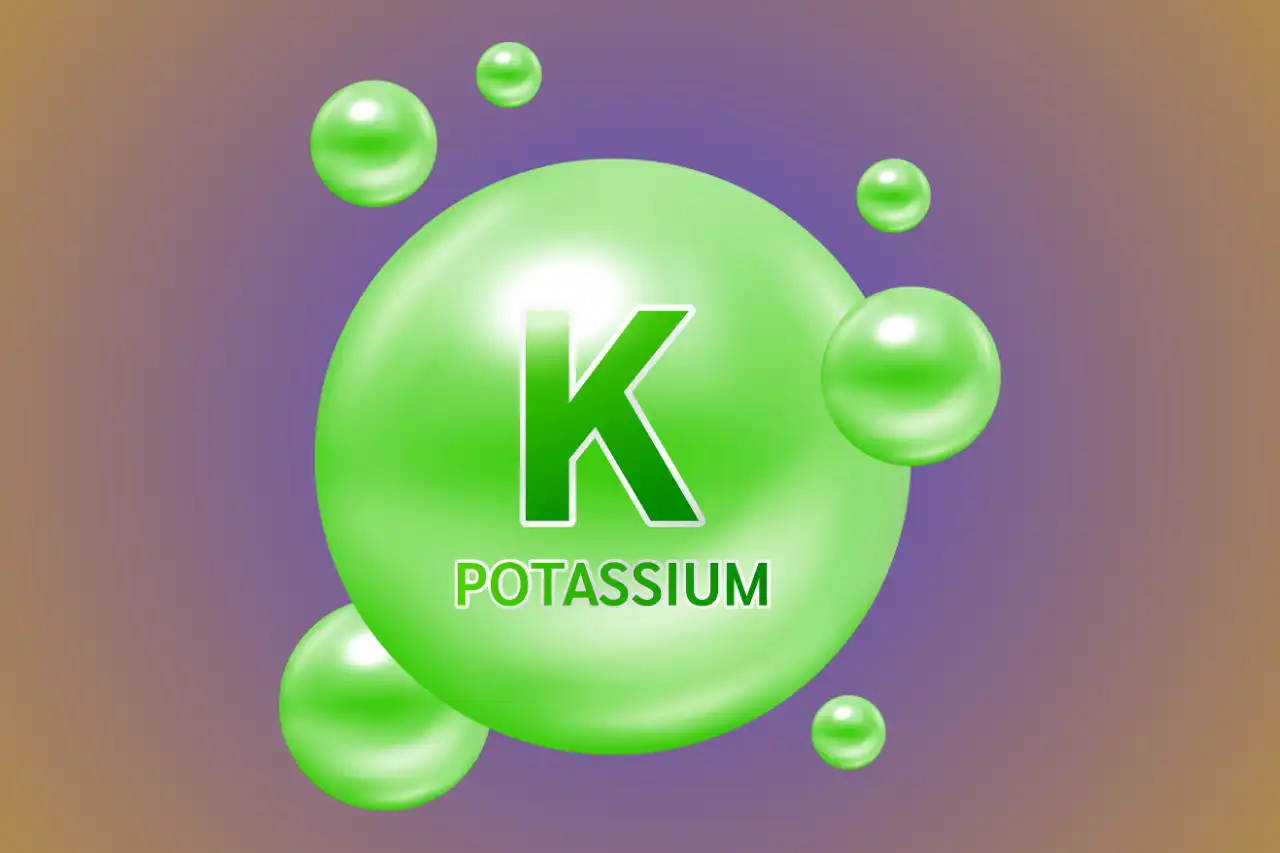-: CHLORIDE :-
CHLORIDE – THE SILENT BALANCER OF BODY FLUIDS…!!!
Chloride is an essential electrolyte and mineral that plays a key role in maintaining the body’s acid-base balance, hydration, and electrical neutrality. Often paired with sodium and potassium, chloride helps to regulate many physiological processes quietly but efficiently. Though it’s often overshadowed by other minerals, its importance is undeniable.
Daily Requirements
Children
- Infant (0-6 months) :- 0.18 g per day.
- Infant (7-12 months) :- 0.57 g per day.
- Children (1-8 years) :- (1.5-1.9 g) per day.
Teens to Old Adults
- Teens (9-18 years) – 2.3 g per day.
- Teens (19-50 years) – 2.3 g per day.
- Teens (51-70 years) – 2.0 g per day.
- Older Adults 71+ years -1.8 g per day.
Function on different Organ
- Brain & Nerves
Details
Chloride ions help to maintain the electrical neutrality of neurons, crucial for transmitting nerve impulses. They work with sodium and potassium to generate action potentials, enabling communication between brain cells. It also helps to regulate the inhibitory neurotransmitter GABA, which is vital for calming the nervous system and preventing overstimulation.
- Muscles
Details
Chloride supports muscle contraction and relaxation by balancing fluid and electrolytes inside and outside muscle cells. This prevents cramps, twitching, or spasms and maintains steady muscle function, especially during physical activity or heat exposure.
- Heart
Details
By balancing electrolytes and maintaining fluid equilibrium, chloride helps the heart beat regularly. It plays a part in regulating blood pressure and maintaining the correct pH of blood, both of which are vital for cardiovascular health.
- Stomach
Details
Chloride is essential for producing hydrochloric acid (HCl) in the stomach. HCl breaks down food, activates digestive enzymes, and kills harmful bacteria. Without chloride, digestion becomes inefficient and nutrient absorption is impaired.
- Kidneys
Details
Chloride works closely with sodium to regulate fluid volume, pH balance, and blood pressure. The kidneys use chloride to reabsorb water and maintain acid-base balance, preventing conditions like alkalosis or acidosis.
- Lungs
Details
Chloride assists the lungs in removing carbon dioxide by helping maintain acid-base balance through bicarbonate exchange, a process vital for proper respiration.
Symptoms incase of Deficiency
- Muscle weakness or cramps.
- Shallow or irregular breathing.
- Dehydration.
- Fatigue or confusion.
- Low blood pressure and acid-base imbalances.
Diagnosis
- Chloride levels are typically measured as Serum Chloride Test .It is often part of a broader test panel called Electrolyte Panel or Basic Metabolic Panel (BMP).The normal serum chloride range is generally: 96 to 106 mEq/L
Food Sources
Veg Sources
- Table salt and sea salt.
- Celery.
- Tomatoes.
- Lettuce.
- Seaweed.
- Beets.
Non-Veg Sources
- Fish
- Cheese.
- Canned fish (especially salted varieties).
- Meats and poultry (especially when processed or salted like ham, bacon, sausages).
- Eggs (small amounts).
What if Overconsumption
Excessive chloride intake, often due to high salt consumption or kidney dysfunction, may cause:
- High blood pressure.
- Fluid retention.
- Acid-base imbalance (metabolic acidosis).
- Muscle weakness.
- Fatigue or confusion.
- Stroke.
- Heart disease and heart failure.
- Kidney disease and kidney stones.
- Osteoporosis.
- Stomach cancer.
Chloride may not grab headlines, but it’s a cornerstone of fluid balance, digestion, and nerve function. By embracing a balanced diet that includes both plant and animal sources, you can effortlessly maintain optimal chloride levels. As always, moderation is key—too little or too much can tip the body’s delicate balance. Celebrate chloride, the unsung hero of your health…!!!












